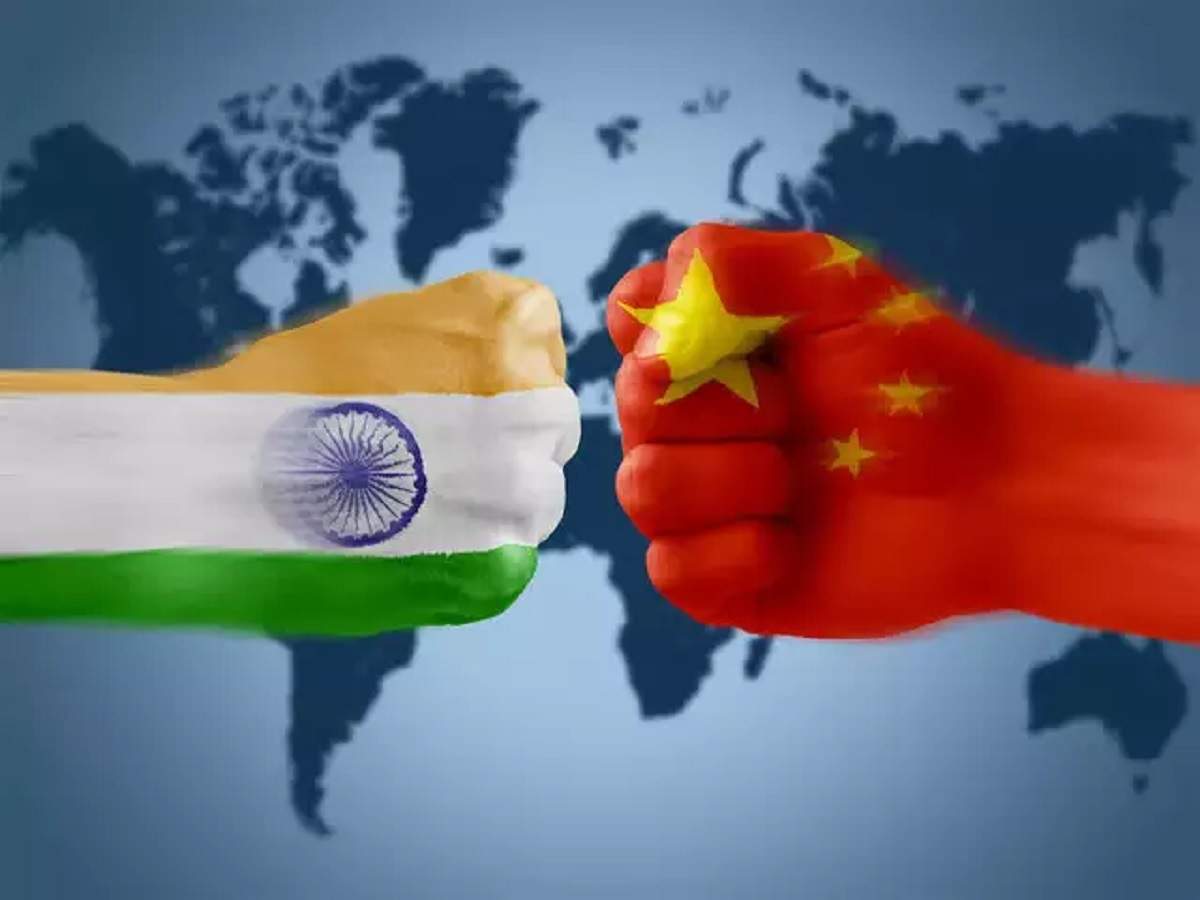There is worry within the councils of the Chinese Communist Party that India will replicate what the People’s Republic of China did in the 1980s and the 1990s by boosting its rate of growth to levels unprecedented in history for large populations. Paramount Leader Deng Xiaoping was the architect of reforms that were opposed by conservative elements within the CCP. Fortunately for him, the higher rungs of the ruling party in the PRC (some would say the only party) had been almost eliminated by the time Chairman Mao accepted the invite from the other world that he had spoken of to Henry Kissinger. Had the Great Proletarian Cultural Revolution (Mao’s term
The flood of imports from China has reached a level such that even traditional crafts from artisans who have for hundreds of years been trained in this by their families have been driven to penury. Indian crafts, including those marketed abroad, are increasingly being made in China, even though this is not obvious from the labels. After the US, it is India that provides the biggest surplus to the PRC in terms of excess of exports over imports. In contrast, Pakistan has emerged as the country that sucks up the most money from China, a country that has been generous in a way that is certain to bring grief to its own interests very soon, if such is not yet the case. From the start of the democratically elected Tsai Ing-wen government in Taiwan, the CCP has launched an offensive against it, so as to try and get the KMT back in power. That party, despite having being at the receiving end of the conflict between itself and the CCP, has long been a supporter of the latter, something that must be causing disquiet to those who are still loyal to the line taken by Chiang Kai-shek of opposition to the CCP. Even in the 1930s and the 1940s, substantial US assistance came the CCP’s way from the US, as key policymakers there regarded Mao as an agrarian reformer rather than a revolutionary. Even in the present, ignoring the galloping control of the South China Sea among other territorial grabs by the PRC, several within the incoming administration of Joe Biden remain tethered to the Jawaharlal Nehru strategy of unilateral concessions to China in the hope that the other side will reciprocate even when it never does except in words. General Secretary Xi Jinping has been open about the CCP line of replacing the US as the primary power on the globe. This is in contrast to his immediate predecessors, who were reticent about making such an objective public. Xi has been transparent about his reliance on the PLA as an instrument of statecraft, and has had longstanding links with the military in his country, as indeed does the First Lady of the PRC, Madame Peng. What must be a source of concern is the manner in which companies from Taiwan, Japan and the US are looking to India as an alternative to China. This flow is still only a trickle but can become a flow if an environment that is friendly to such investment gets created. Recourse to the big stick that is the favourite measure of several agencies needs to be replaced with a welcome mat. The sooner this takes place, the better for economic development of the world’s biggest democracy.
Replace big stick with welcome mat
इस शब्द का अर्थ जानिये
- Advertisement -

